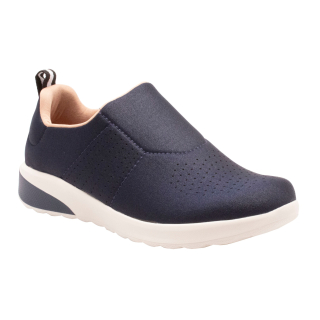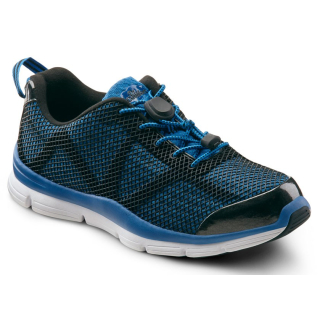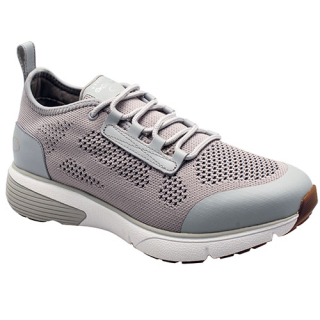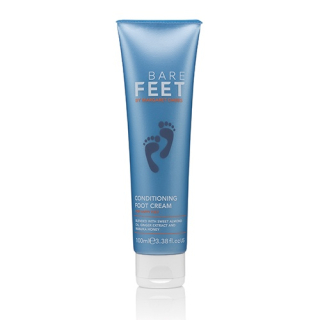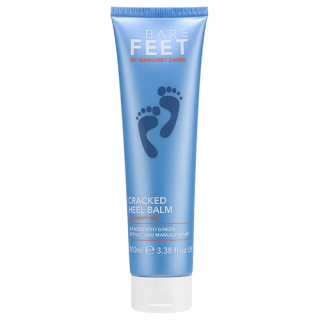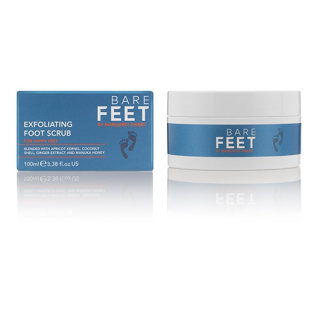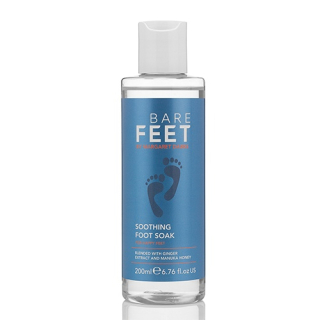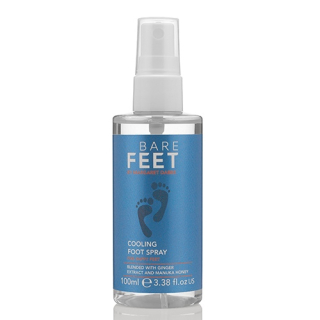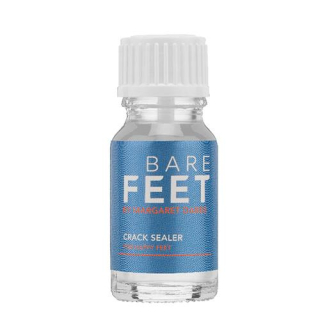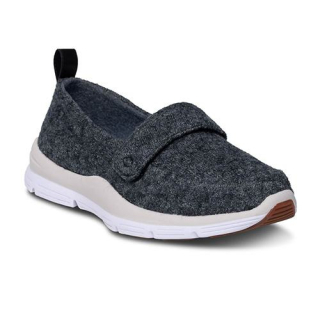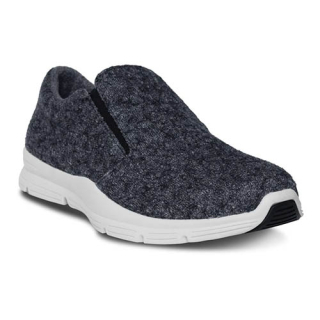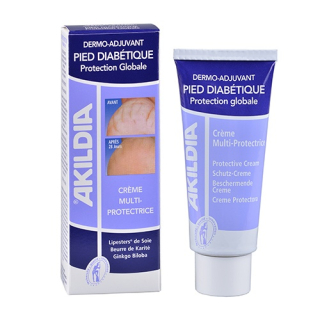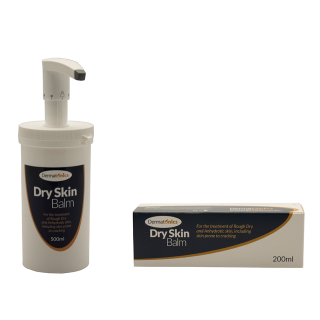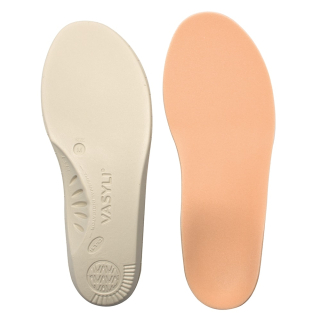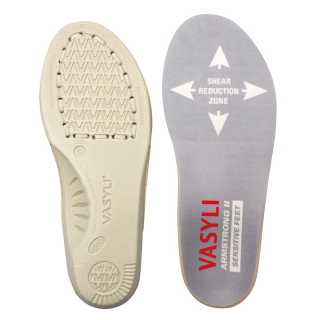Neuropathy
Neuropathy is a result of damage or dysfunction of nerves supplying the legs and feet. However peripheral neuropathy can affect the hands as well. Peripheral means outside of the brain and spinal cord.


Symptons of Neuropathy
- Tingling or numbness – pins and needles.
- Sharp stabbing or throbbing pain.
- Falling though loss of co-ordination.
- Unable to cope with bed clothes (duvet) touching your toes.
- Feet feel cold where when touched by someone else they are warm.
- Cramps and spasms.
- Loss of muscle control / movement.
What are the causes of Neuropathy?
- Diabetes.
- Metabolic syndrome – high blood pressure, high cholesterol, diabetes and obesity.
- Heavy alcohol.
- Trauma – fracture of a bone, injury of the nerve.
- Chemotherapy.
- Connective tissue disorders – rheumatoid arthritis, Lupus.
- Shingles / chicken pox.
- Hypothyroidism.
- Lead and mercury poisoning.
- Lack of Vitamin B.
- Inherited diseases – Charcot -Marie tooth disease.
Treatments for Neuropathy
- Visit a Podiatrist who can test whether you are at risk or a shoe or sock rubbing. Also ask for a gait analysis, as they may recomend a corrective device (orthotic) to help with your walking.
- Wear good supportive footwear, with good cushioning and comfort.
- If wearing socks make sure they are made from natural fibres such as cotton or bamboo. We recommend Thought Socks as they are very soft and made from these fibres.
- Maintain good foot hygiene. Wash your feet every day, dry thoroughly especially between your toes. Moisturise dry areas of callus (hard skin).
- Look at your feet daily for any changes such as red areas, bruises, blisters or temperature changes. If you see anything different, speak to your Podiatrist.
- Improve your overall health: exercise; stop smoking; reduce alcohol intertake; lose weight.
Neuropathy Treatment Products
Protective Foot Skincare
Just because you may not be able to feel the extent of the damage, doesn’t mean you shouldn’t look after your feet. Instead, it’s vital that you give them extra care. Our range of regenerative oils and moisturising creams make foot skincare effortless. Restore dehydrated skin to its natural smoothness and create a barrier to protect the skin against further damage.
Orthopaedic Footwear To Protect The Foot
When you have neuropathy, it’s vital that you wear comfortable, well-fitting footwear that’s kind to your skin. This is where reputable brands such as Dr Comfort come in. Made from soft Merino wool, they are designed to be diabetes and neuropathy-friendly. This is due to their breathable, moisture-wicking design, helping to protect the skin from damaging water. Whilst you may not be able to feel the water, it may lead to skin softening, which can make your feet vulnerable to damage and infection.
What’s more, removable gel insoles offer maximum cushioning and support. The softer gel under the ball of the foot and heel area helps minimise the impact of the ground on your foot.
Shop the range to protect your feet and go about your day worry-free!
What Is Peripheral Neuropathy?
Neuropathy is a result of damage or dysfunction of nerves supplying the legs and feet. However, peripheral neuropathy can affect the hands as well. Peripheral means outside of the brain and spinal cord.
There are different nerves within your body – sensory, motor and autonomic.
Sensory Nerves
Sensory nerves manage your senses – sight, hearing, smell, taste and touch. These nerves take messages to your brain.
The role of these nerves in your legs and feet is to allow you to feel pain. For example, a sock seam or shoe rubbing on your heels or toes, or the development of a blister on the sole. It also allows you to feel temperature, for example if your bath water is too hot.
Motor Nerves
Motor nerves control the function of the muscles within your body. These nerves take messages from your brain to the muscles, making your muscles move. In your legs and feet, this allows you to move when walking and running, as well as changing the way you walk if you were to get rubbing or a blister on your foot.
If your knee is hit with a hammer, the working of the sensory and motor nerves will allow your knee to move your foot upwards.
Autonomic Nerves
Autonomic nerves control your fight or flight instincts, as well as functions of the body we don’t think about: breathing, heart beating, blood pressure, sweating and bladder control. If you are in a dangerous situation (fight) these nerves make your heart race, your breathing increase, your skin sweat and cause a decrease in digestion, (“butterflies” in your tummy). Or if you are relaxed, (flight), you are calm, with slower breathing, and your heart is beating at a regular pace.
What Are The Causes Of Neuropathy?
Neuropathy is caused by conditions such as:
- Diabetes
- Metabolic syndrome: high blood pressure, high cholesterol, diabetes and obesity
- Heavy alcohol consumption
- Trauma: fracture of a bone, injury of the nerve.
- Chemotherapy
- Connective tissue disorders: rheumatoid arthritis, Lupus
- Shingles / chicken pox
- Hypothyroidism
- Lead and mercury poisoning
- Lack of Vitamin B
- Inherited diseases: Charcot-Marie tooth disease
Symptoms Of Neuropathy In Your Legs & Feet
- Tingling – pins and needles
- Numbness
- Sharp stabbing
- Electric shock-like pain
- Feeling like something is crawling across your feet
- Throbbing
- Falling through loss of coordination
- Not being able to feel your hands and feet
- Unable to cope with bed clothes (duvet) touching your toes
- Feet feel cold, whereas when touched by someone else they are warm
- Cramps and spasms
- Loss of muscle control / movement
Testing & Treatments For Neuropathy
Get Professional Medical Advice
Sometimes neuropathy signs and symptoms can be a warning that medical conditions like diabetes and lack of vitamin B are not under control. You should see your GP for advice to help control your medical conditions.
Your Podiatrist can test your sensory nerves with a 10 gram monofilament, which looks like a piece of fishing wire in a pen. This will tell the podiatrist if you are at risk of a shoe or sock seam rubbing. They will educate you on which areas you can feel and which you can’t. This is like taking a car for a MOT. You can’t rely on this for the next 12 months and, therefore, you need to take care of your feet.
Your GP may give you medication or a cream to help with the sharp pains and crawling sensation (painful neuropathy).
They may also recommend that you adopt a healthy lifestyle, advising that you stop smoking, reduce alcohol intake, lose weight and increase exercise.
Check Your Feet Frequently
Look at your feet daily for any changes, such as red areas, bruises, blisters and temperature differences. If you can’t get your foot up to your knee to look at the sole then look through a mirror, if you have good eyesight. Alternatively, ask a family member or carer for help.
If you see anything different, make sure you contact a podiatrist - this could be a serious problem, and could lead to infection.
Maintain Good Foot Hygiene
It is vital that you maintain good, consistent foot hygiene. This includes washing your feet every day and drying them thoroughly, especially between your toes. You should also moisturise dry areas of callus (hard skin), and wear clean socks.
Wear Supportive Footwear
It is vital that you wear good supportive footwear to help prevent slips, trips and falls. It will also help to limit any rubbing or blisters, which you may not be able to feel. Similarly, orthopaedic footwear will help correct any issues associated with gait, which may worsen any existing pain.
Speak to your podiatrist for a gait analysis, as they could see if you have lost the ability to raise your foot enough when walking. They might advise corrective devices (orthotics) to help with your walking – this could be an insole or a device to lift your foot.
Neuropathy Treatment FAQs
What Is The Most Effective Treatment For Neuropathy?
The most effective treatment for neuropathy depends upon the underlying cause. Your podiatrist will recommend a bespoke treatment plan to suit you, which may include altering aspects of your lifestyle. This is likely to span quitting smoking, activity level and diet changes, as well as establishing good foot hygiene practices.
Does Neuropathy Ever Go Away?
Similar to the above, this depends on the underlying causes of the condition. It is also down to the severity of the damage. If you seek the advice of a podiatrist, they will be able to evaluate your condition and provide you with practical advice to manage your condition.
How Do You Stop Neuropathy From Progressing?
Early diagnosis and seeking bespoke medical intervention advice is key in terms of limiting the damage caused by neuropathy. The earlier it is managed, the more likely you are to prevent further complications.
Shop the range to find podiatrist-recommended solutions to help ease your pain and prevent worsening your condition.



